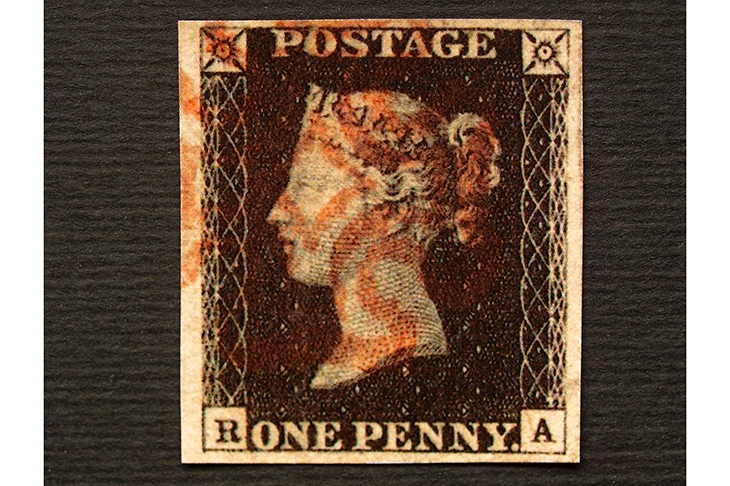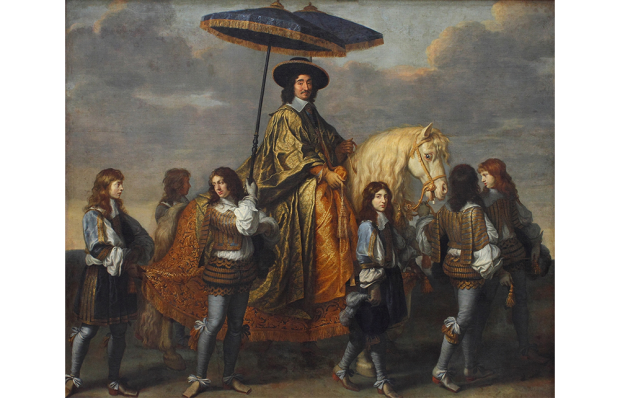Dear Sir, I beg to introduce myself to you as a clerk in the Accounts Department of the Port Trust Office at Madras on a salary of only £20 per annum. I am now about 23 years of age. I have had no university education but I have undergone the ordinary school course… I have made a special investigation of divergent series in general and the results I get are termed by the local mathematicians as “startling”.
This was the opening of the letter written by the Indian maths prodigy Srinivasa Ramanujan to Professor G.H. Hardy at Trinity College, Cambridge in January 1913.
Now, vulgar consumerist that I am, my first thought on reading this letter was obviously to ask: ‘How much did it cost to send?’ Thanks to the internet, the answers to such questions are easy to find. Unfortunately, also thanks to the internet, so too are
the answers to lots of other questions. So after a five-hour dive down a Wikipedia rabbit hole in which I learned about the history of the Indian postal service, how to make chai, the differences between Hindi and Urdu and the life of Sir Henry Bartle Frere, I finally found the answer to my question. It cost only one old penny. Just 1/4800th of Ramanujan’s annual salary.
It seems that in 1913 there still existed something called the Imperial Penny Post, which meant you could send a letter anywhere in the British Empire for 1d. Its existence owed much to an earlier Cambridge mathematician, Charles Babbage, who, with Rowland Hill and several others, had campaigned for a universal British postal service at a single flat-rate. It was Babbage who modelled the mathematics of a postal network to show that, with sufficient volume of mail, the distance a letter travelled was more or less irrelevant to the cost of transit — the expense overwhelmingly lay in the final mile of delivery and in handling. This meant that, counterintuitively, a fixed price made sense regardless of distance. Long before Henry Ford, Babbage and Hill had also spotted that there were circumstances where you could make more profit by reducing the price of the product.
Babbage is of course most famous as the inventor of the computer, but his work on the postal system also credits him with creating a precursor to the internet. The penny post was the first network where the value to the user was the same no matter where on the network they were located. This is highly significant. Most transport infrastructure delivers benefits unevenly, in that your location, or proximity to a network hub, has a huge influence on the value you derive from it. The contribution of the penny post to Victorian intellectual and commercial life is hence incalculable. It was the first true realisation of Metcalfe’s Law: ‘The value of a network is proportional to the square of the number of users it connects.’
The past year has seen a similar revolution in the field of video communications. And twice over: there is video-conferencing, of course, but also the thousandfold increase in the live online broadcast of events, conferences and lectures which were once confined to a few people in a specific location. So it seems dumb to me when people say things like ‘Ooooh, but it’s not the same as meeting face to face’ or ‘I miss serendipitous encounters with people just like me who work in the same building.’ This is small-minded. It is to account for the small cost in conversational quality without factoring in the enormous future opportunity for entirely new, costless conversations with any of a few billion new people.
The real value of networks, as Ramanujan’s letter illustrates, lies in the connections which would never have taken place without them.
Got something to add? Join the discussion and comment below.
Get 10 issues for just $10
Subscribe to The Spectator Australia today for the next 10 magazine issues, plus full online access, for just $10.
You might disagree with half of it, but you’ll enjoy reading all of it. Try your first month for free, then just $2 a week for the remainder of your first year.















Comments
Don't miss out
Join the conversation with other Spectator Australia readers. Subscribe to leave a comment.
SUBSCRIBEAlready a subscriber? Log in